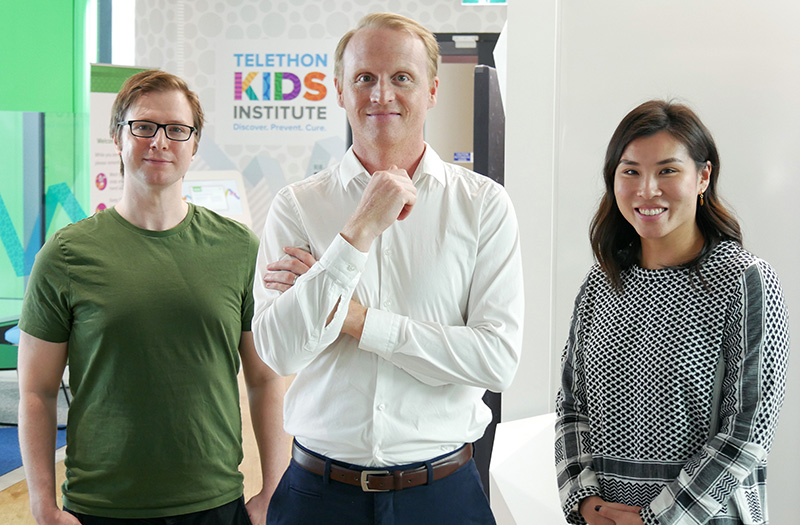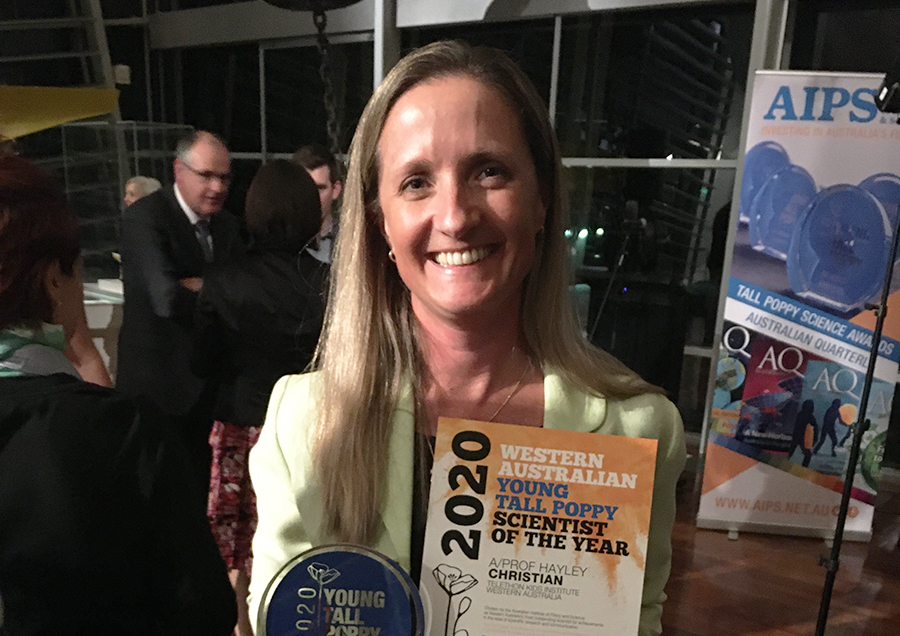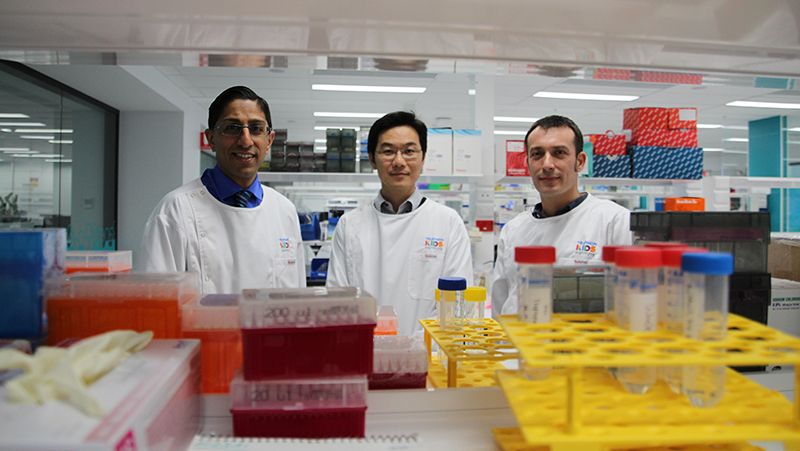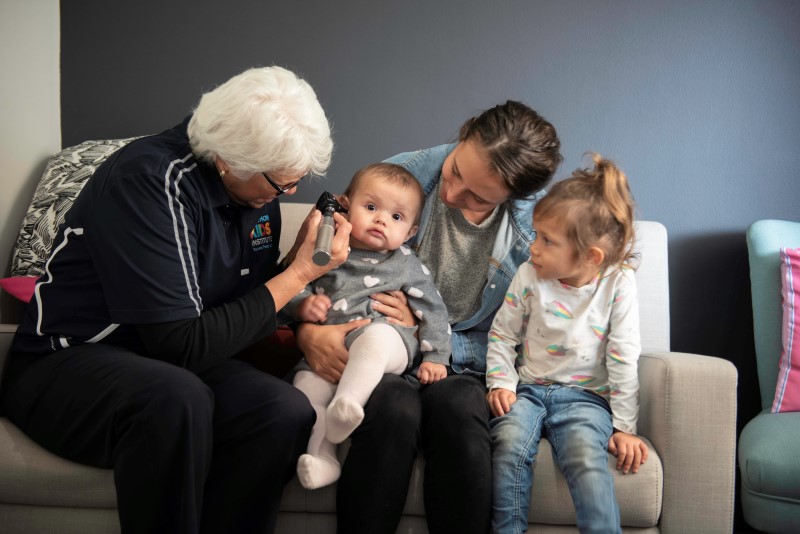Search
Research
Relevance of Aboriginal Peer-Led Parent Support: Strengthening the Child Environment in Remote AreasThis research highlights the critical emerging role of peer support workers in home visiting family support in a remote area of Australia
Research
Vaccine hesitancy, refusal and access barriers: The need for clarity in terminologyWe propose more precision in the term 'vaccine hesitancy' is needed particularly since much under-vaccination arises from factors related to access or pragmatics

News & Events
Healthy lunch ideas for kids during COVID-19All parents are familiar with the nightly battle to get the kids to eat their vegies, but did you know primary-school aged children get over one third of their energy intake from the food they consume during school hours

News & Events
Worried about your child getting coronavirus? Here’s what you need to knowComparatively few children have tested positive for coronavirus (COVID-19). Here’s what we know so far about how children are affected.

News & Events
$12 million grant puts WA research team in the hot seat to help wipe out malaria foreverA world-leading research team built to tackle malaria has relocated from Oxford University to Western Australia to take advantage of the state’s growing big data talent pool.

News & Events
The Kids researcher takes out top prize at 2020 WA Tall Poppy Science AwardsThe Kids Research Institute Australia and University of Western Australia physical activity researcher Hayley Christian has been named Young Tall Poppy Scientist of the Year at the 2020 WA Young Tall Poppy Science Awards.

News & Events
Lightening the leukaemia load for kids with Down syndromeKids born with Down syndrome are at high risk of an array of health problems. One of the lesser-known complications is their increased risk of childhood leukaemia.

News & Events
Execution of Licence Agreement with The Kids Research Institute Australia and Erasmus University Medical CentreResonance Health Ltd is pleased to announce that it has entered into a licence agreement with The Kids Research Institute Australia and the Erasmus University Medical Centre.

News & Events
Working to end childhood cancer: A father’s storyDr Laurence Cheung is doing everything he can to end the threat of childhood leukemia. His research has the potential to change countless lives, but he also has another important job – being a dad to three beautiful children.

News & Events
New Aboriginal Cultural Guidance Advisor appointedThe Wesfarmers Centre of Vaccines and Infectious Diseases has appointed Mrs Valerie Swift to a newly created Aboriginal Cultural Guidance Advisor position.
